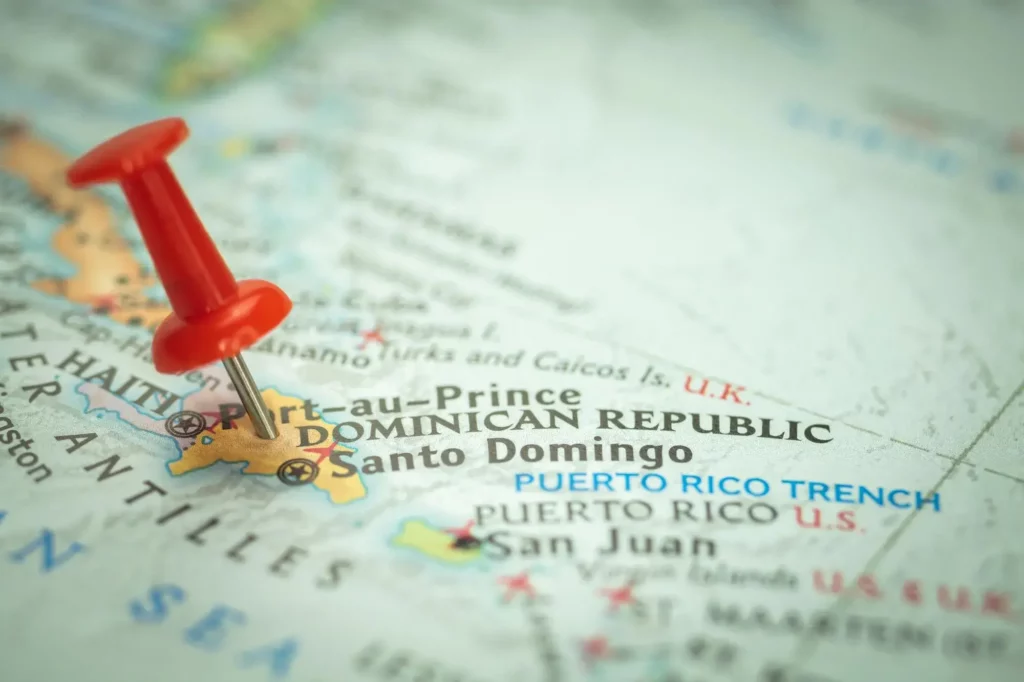Intellectual Property in the Caribbean: Novelties that are harmonizing Intellectual Property Laws in the region
By Emilio Valverde, IDEAS
We live in a highly-globalized society, our world is becoming more and more connected and the businesses demand flexibility, speed, and innovation in order to achieve extremely innovating requirements. On despite of the traditional structures are the base of our legal system, the society is looking for efficient and pragmatic procedures.
The Caribbean region is a vibrant and culturally rich area that encompasses a diverse range of nations and economies, which is in constant development ad has been acquiring gradually more and more importance in businesses. In view of the above, in an increasingly globalized world, the protection of Intellectual Property has become crucial for the development and sustainability of the region.
Due to the needs of the current industry, Intellectual Property has gradually acquired importance, and now, more people understand the relevance it has for the development of their businesses, this not only encourages economic advancement in the Caribbean region but forces the Intellectual Property Offices to stay at the forefront and optimize and adjust to international standards.
Over the last few decades, Intellectual Property laws in various jurisdictions, including the Caribbean region, have undergone significant adjustments to align with international standards and comply with International Treaties. One remarkable example is the adherence to the Nice Classification system, providing a standardized framework for the classification of goods and services for the purpose of trademark registration in almost the whole region.
This is a clear example that by adopting the Nice Classification, IP laws in the Caribbean have demonstrated their commitment to harmonizing their practices with global standards, facilitating international trademark registration, and also, promoting consistency and efficiency in the examination and registration process. This adjustment to international standards reflects the region’s recognition of the importance of maintaining a coherent and internationally compatible IP framework to attract foreign investment, foster innovation, and ensure effective protection of IP rights.

Moreover, an excellent demonstration of the Caribbean region’s commitment to enhancing its Intellectual Property regulations can be seen in the recent participation of Haiti, Saint Lucia, and Antigua and Barbuda in the TMclass program. TMclass is an effort led by the European Union Intellectual Property Office (EUIPO) in collaboration with WIPO, that offers a harmonized database for the classification of goods and services in trademark applications. By becoming members of the TMclass program, Haiti, Saint Lucia, and Antigua and Barbuda have taken a proactive step towards modernizing their IP systems and aligning their practices with international standards, seeking for a favorable environment for creativity, innovation, and economic growth.
Another novelty in the region is that Belice, Jamaica, and Trinidad and Tobago, are one of the newest members of the Madrid Protocol.
Furthermore, since COVID-19, some relevant cases worth to mention have happened in the Caribbean. The pandemic has necessitated significant adaptations in various sectors worldwide, including the Intellectual Property field, in response to the challenges posed by the pandemic, several countries, such as Grenada and Bermuda, have taken proactive measures to adjust to digital submissions of documentation, allowing the electronic filing of authorizations of agents.
By embracing digital platforms, Grenada and Bermuda have streamlined the process of authorizing agents, facilitating more efficient and convenient communication between applicants and Intellectual Property Offices. This shift towards digital submissions demonstrates the resilience and adaptability of these countries in the face of unprecedented circumstances, ensuring the continuity of Intellectual Property services.
Efforts to harmonize Intellectual Property laws and optimize the legal framework in the Caribbean region are of highest importance, as this facilitates consistency and coherence in IP regulations across countries, promoting a more predictable and conducive environment for innovation, creativity, and economic growth.
Furthermore, an optimized legal framework ensures effective enforcement of IP rights, discourages infringement and counterfeiting, and protects the rights and interests of all owners. Overall, these efforts contribute to building a robust IP ecosystem in the Caribbean, promoting sustainable development, and positioning the region as an attractive destination for creativity, innovation, and investment.
Is well-known that Intellectual Property plays an important role in the Caribbean region, contributing not only an enormous economic growth and development, by protecting the creations of individuals and communities, IP laws foster innovation, encourage investment, and provide economic opportunities. It is imperative for Caribbean nations to continue developing robust Intellectual Property laws, collaborating regionally, and harmonizing their IP laws to unlock the full potential of their creative and cultural assets.
While there is still significant work to be done, it is important to acknowledge the laudable efforts made by the above-mentioned countries in the Caribbean region towards harmonizing their Intellectual Property laws.
Through regional cooperation, participation in international treaties, and the adoption of better practices, these countries are gradually aligning their IP laws with international standards. These efforts demonstrate a commitment to creating a cohesive and consistent IP framework that encourages innovation, attracts investment, and protects intellectual property rights. While challenges persist, the collective determination of these countries sets a promising path towards achieving greater harmonization of Intellectual Property laws in the region.
- Prisma Business Center, Oficinas 302 & 306 Escazú, San José, Costa Rica 10203
- Oficina corporativa (+506) 2288 5797
- info@ideasips.com
- Lunes a Viernes 8:00 a.m - 5:00 p.m.
- Contacto
